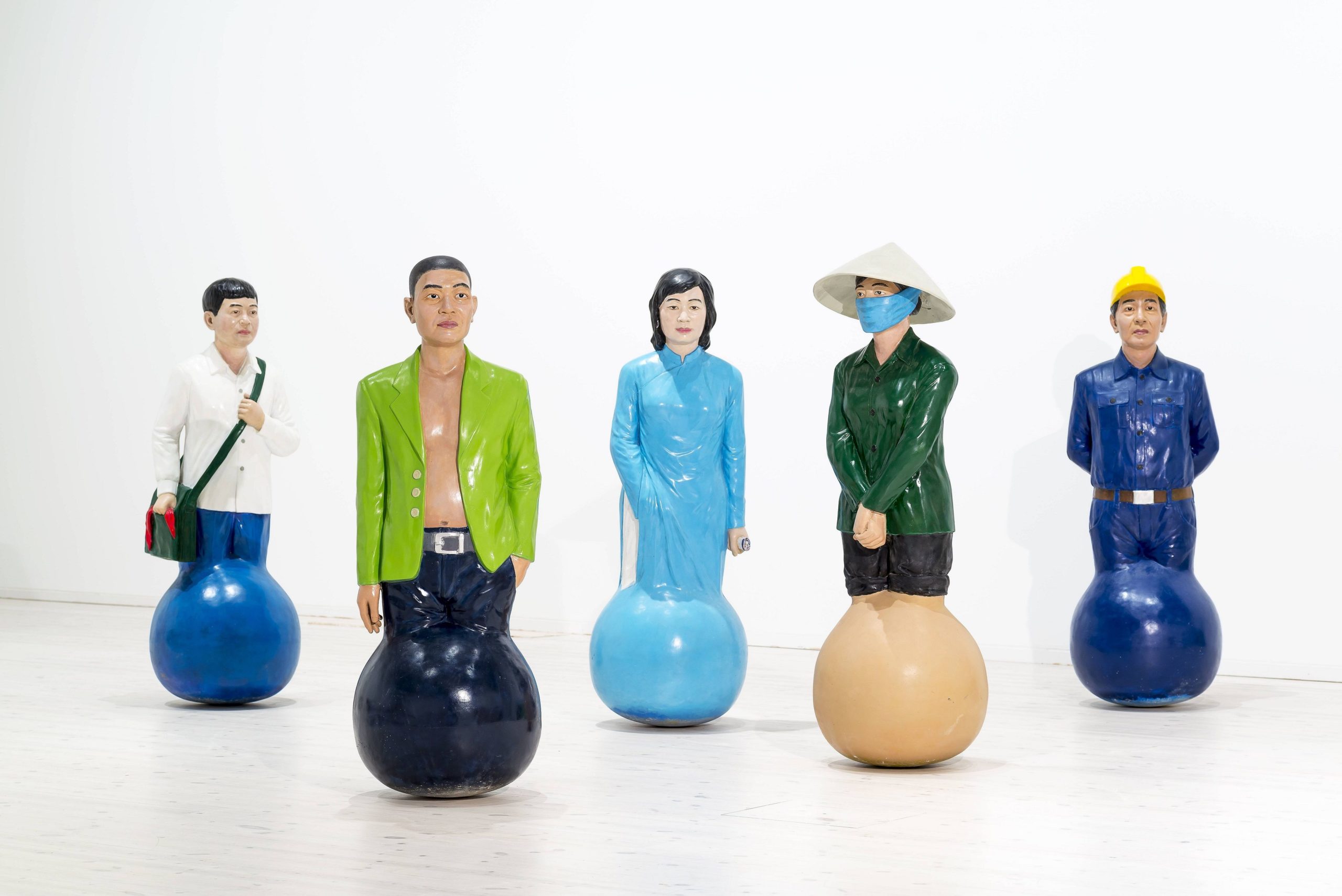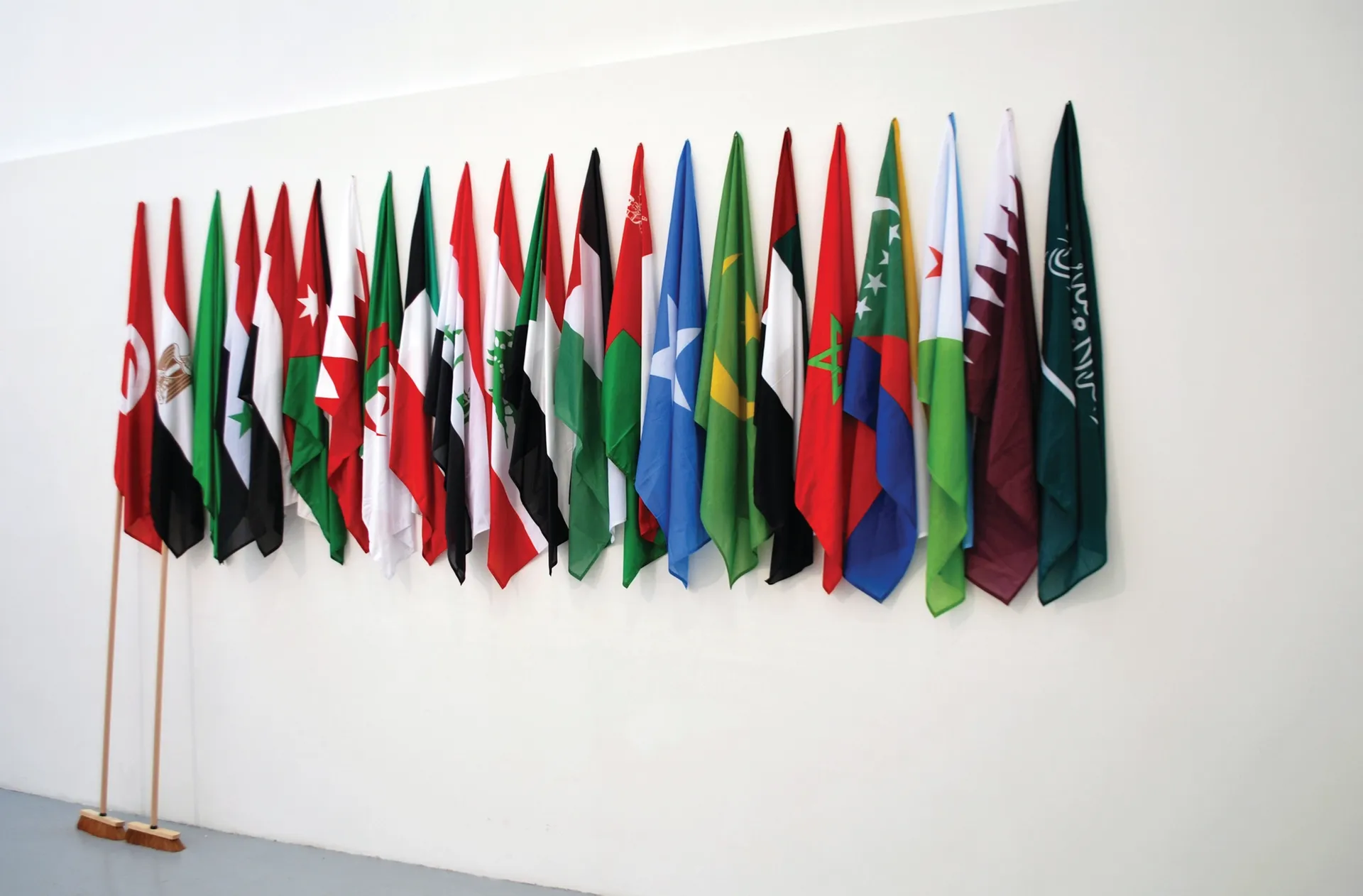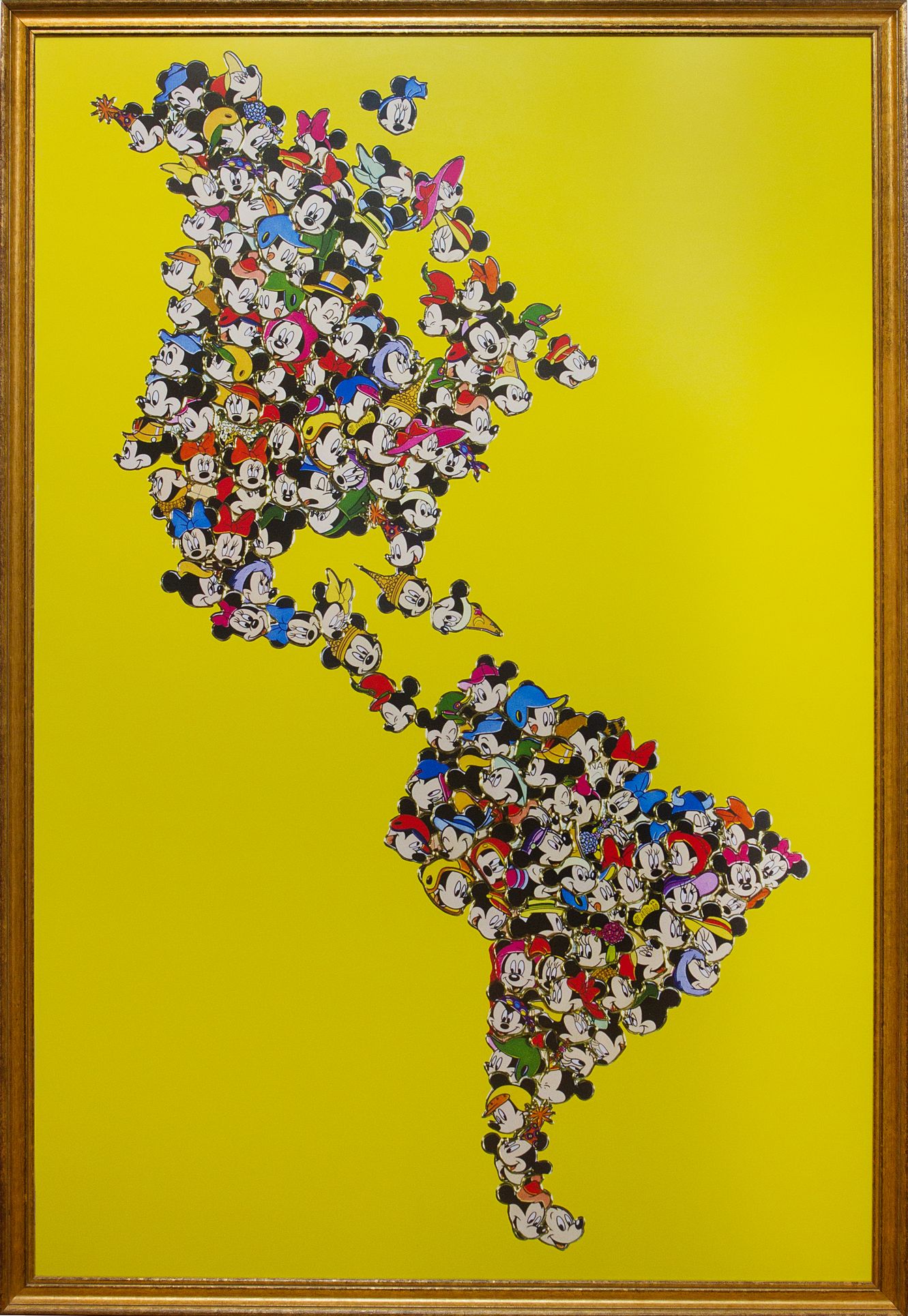Britain 2
“… At the age of 13, after prep school, Cameron and Johnson progressed to Eton. I went on to Radley College near Oxford. The exact school picked out by the parents didn’t really matter, because the experience was designed to produce a shared mindset. They were paying for a similar upbringing with a similar intended result: to establish our credentials for the top jobs in the country. …
It is noticeable, and often noticed, that something immature and boyish survives in men like Cameron and Johnson as adults. They can never quite carry off the role of grownup, or shake a suspicion that they remain fans of escapades without consequences. They look confident of not being caught, or not being punished if they are. …
One of the first things we learned – or felt – at prep school was a deep, emotional austerity, starting from the moment the parents drove away. … We lost everything – parents, pets, toys, younger siblings – and we could cry if we liked but no one would help us. So that later in life, when we saw other people cry, we felt no great need to go to their aid. The sad and the weak were wrong to show their distress, and we learned to despise the children who blubbed for their mummies. The cure was to stop crying and forget that life beyond the dormitories and classrooms existed. Concentrate instead on the games pitches and the dining hall and the headmaster’s study. By force of will, we made ourselves complicit in a collective narrowing of vision. …
This wasn’t healthy. In her 2015 book, Boarding School Syndrome, psychoanalyst Joy Schaverien describes a condition now sufficiently recognised to merit therapy groups and an emergent academic literature. The symptoms are wide-ranging but include, ingrained from an early age, emotional detachment and dissociation, cynicism, exceptionalism, defensive arrogance, offensive arrogance, cliquism, compartmentalisation, guilt, grief, denial, strategic emotional misdirection and stiff-lipped stoicism. …
We adapted to survive. We postured and lied, whatever it took. Abandoned, alone, England’s future leaders needed to fit in whatever the cost, and we were not needy, no sir. We could live without, and we convinced ourselves early that we had no great need of love, in either direction. Acting like a grownup meant needing no one.
Discouraged from crying out for help, frightened of complaining or sneaking, we developed a gangster loyalty to self-contained cliques, scared to death of being cast out as we had been from home. …
From the teachers, we learned about mockery and sarcasm as techniques for social control … George Orwell, during his time at prep school, remembers being ridiculed out of an interest in butterflies. The banter that day must have been immense. Nothing was sacred, and once we found out what another boy took most seriously we were ready to strike, when necessary, at its core. Our most effective defence was therefore to act as if we took nothing very seriously at all. We learned to stay detached …
At school, we tried not to feel foolish, angry, loving, stupid, sad, dependent, excited or demanding. We were made wary of feeling, full stop. By comparison, children not blessed with a private education must be fizzing with uncontrolled emotions and therefore insufferably weak. … – in the documentary Public School the boys casually refer to ‘the lower orders’, as if to a species difference, reptiles considering insects. In our isolation, we learned that we were special. Everyone else was less special and often stupid – school was where we went, aged eight, to learn to despise other people. … As Orwell doubles-down in Nineteen Eighty-Four: ‘The proles are not human beings.’ … We laughed at anyone not like us … later making us insensitive as witnesses to all but the most vicious instances of discrimination. Everyone who was not us, a boy at a private boarding school from the late 70s to the early 80s, was beneath us. …
In earlier generations, Orwell and others like him were exposed by war and other calamities to a seriousness that grew their stunted selves and tempered the isolated and ironic cult of an English private education. They were goaded by events into compassion, so that sooner or later, Orwell believed, even in ‘a land of snobbery and privilege, ruled largely by the old and silly’, England would brush aside the obvious injustice of the public schools.
The wait goes on. …”
aus: Richard Beard: Why public schoolboys like me and Boris Johnson aren’t fit to run our country. The Guardian Online, 8.8.21, im Internet.
08/21


